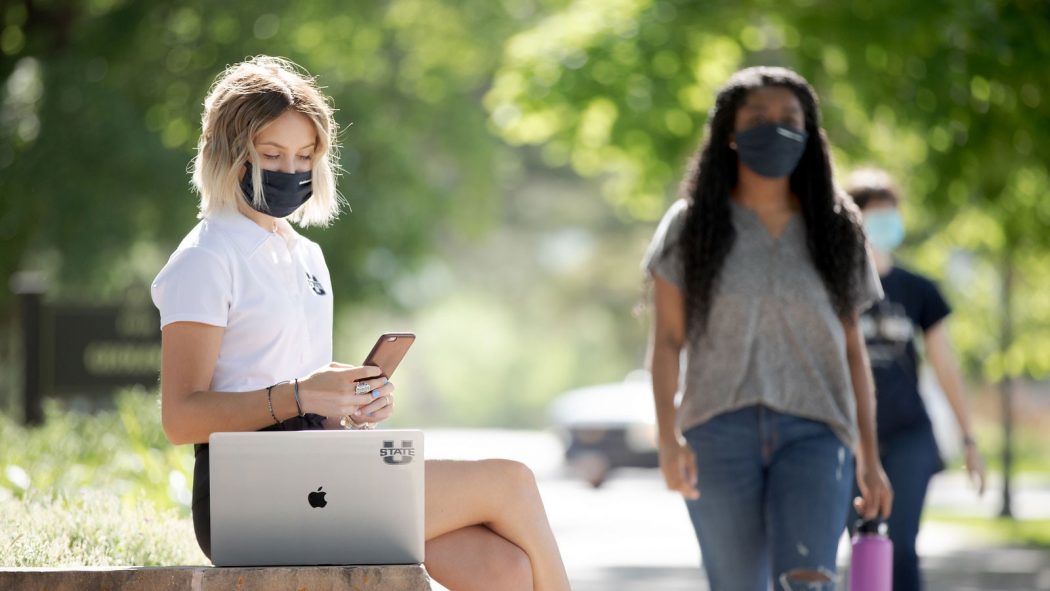Their path to power-New study details how to support women in government positions
Utah Women and Leadership Project at Utah State University recently released a brief that describes women’s experiences working in government, as well as ideas on how to gain positions of power within the government.
The brief was based on a survey conducted with 435 women working in state, county and municipality government positions. The questions were based on the women’s experiences and opinions towards support, open communication, leadership and equality.
According to the brief, women with higher education were found in higher leadership roles and felt more listened to. In the brief one participant noted that “having a master’s degree provided me a seat at the table.”
However, Brooke Smith, who works as a purchasing agent and deputy city recorder for Murray, Utah, said, “There are less promotional job opportunities as you move up the ladder.”
This is confirmed with the data collected for the UWLP brief.
So, if women want to make a difference they need to stand out from the competition.
Susan Madsen, the founder and director of the leadership project, said it was clear that women should take hold of opportunities.
“A few realized it was important to go to college and finish their degrees,” she said. “Getting a master’s degree is shown to increase confidence, and increase a woman’s voice and her skill set.”
Smith talks about her experience working in government: “I love working in local government and think there is tremendous potential for anyone, especially women who are interested in a career in local government. There is so much women can do to influence and support the communities they live in.”
She added that she would love to see more women interested in pursuing a career in local government.
There are also challenges women in government positions face.
52 percent, about 142 women, said there are biased attitudes against women in positions of power.
In addition, 27 percent, about 73 women, also said there was biased treatment within the organization.
The brief mentions an experience one participant shared, “I was told to step back and quit meeting and mentoring with this group of women, even on my own time, because it was causing concern for a group of men who felt the women were getting an extra advantage.”
Other biases that were found were associated with age, as well as religious discrimination. Some of the women mentioned lack of support, stifled voices, unequal pay and social exclusion.
The report put together by UWLP lists several recommendations to help deal with these systemic issues. Recommendations include more family friendly policies like on-site childcare and paid family leave.
Another recommendation is to provide opportunities for women to take the lead on projects and initiatives, as well as identifying opportunities for women to be mentored.
Madsen said she hopes the study spurs further discussion.
“Read our brief and have discussions about this topic. We don’t do the research just to sit on the shelf; we want to say OK, here’s what we can do differently.”

